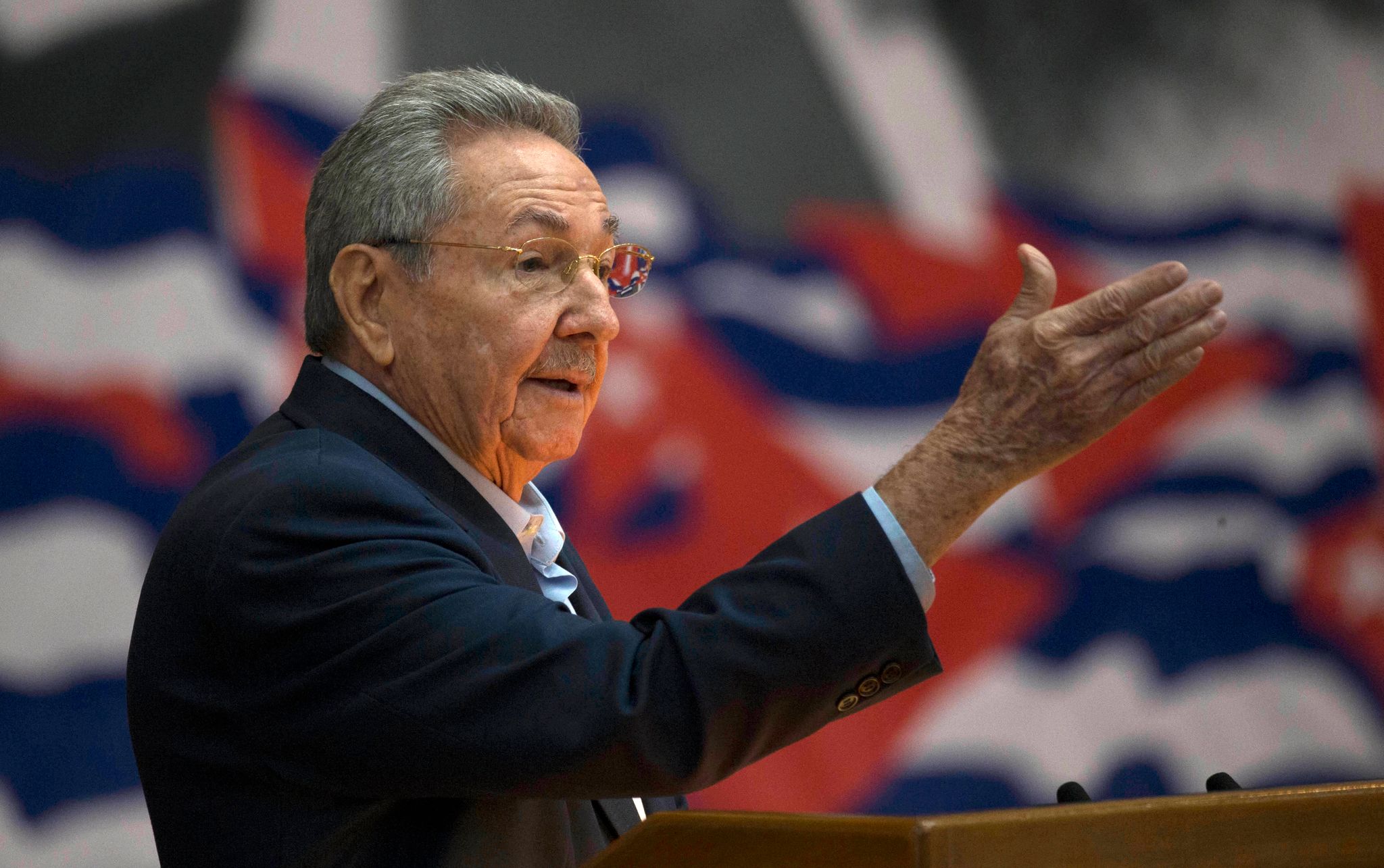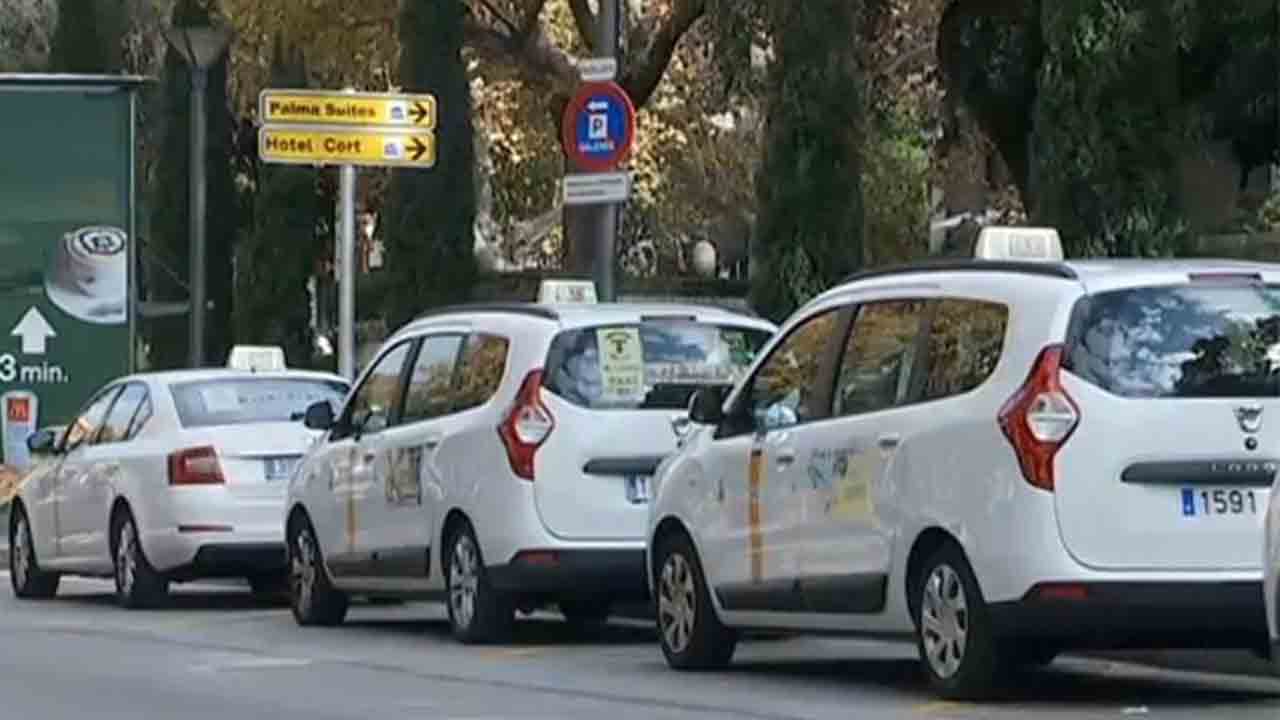Former Cuban President Raul Castro (89) is stepping down from the Communist Party’s most powerful position, as he announced four years ago.
Former President Raul Castro in a photo from 2016. Castro is today 89 years old and announced on Friday that he is resigning as leader of Cuba’s Communist Party. Photo: Ismael Francisco / Cubadebate / AP / NTB
––
Castro resigned as first secretary when the ruling Communist Party of Cuba opened its four-day national meeting on Friday.
In a speech to the few hundred delegates, Castro emphasized that Cuba should not reject the principles of revolution and socialism. But he also said that Cuba is willing to enter into dialogue with the United States and build a new relationship with its neighbor to the north.
Castro also said he was retiring as a simple Revolutionary Warrior, who might call it that.
– Do not leave any doubt. As long as I live, I will be ready to defend the fatherland, the revolution and socialism, Castro, wearing a military uniform, said to loud applause.
Castro era over
Current president Miguel Díaz-Canel (60) is now taking over the leadership of the party, which could make it easier to implement long-awaited economic and political reforms.
Raul Castro resigned as president in 2018, but he retained the position of first secretary of the Communist Party. The first secretary is considered to be Cuba’s most powerful person.
Before Raul, his brother Fidel Castro ruled Cuba – and he was in power for almost half a century.
The party congress this weekend will thus be an end to over 60 years of Castro dominance in Cuba.
 —-
—-A health worker with a face mask in front of a mural by revolutionary leader Che Guevara in Havana. The Cuban economy – and not least the tourism industry – has been hit hard by the corona pandemic. Photo: Ramon Espinosa / AP / NTB
––
Trump and the corona
The backdrop for the historic party congress is a very challenging period for Cuba, which has been hit by an economic crisis.
An initially difficult situation was exacerbated when former US President Donald Trump introduced new sanctions against Cuba. Then came the corona pandemic, which strained the country’s important tourism industry.
In parallel, the island’s communist leaders have sought to introduce reforms. But they are accused of mismanagement and poor choices, and small steps in the direction of market economy have so far not improved people’s everyday lives.
– Wages are a problem, they are too low. And there are problems with food, the queues are long, says the 44-year-old chef Sergio to the news agency AFP.
A larger room
In addition to food shortages and empty store shelves, economic inequalities are increasing. In the corona year 2020, the economy in Cuba shrank by 11 percent.
A system with two parallel currencies was scrapped at the turn of the year, which triggered a sharp jump in inflation.
The authorities have also gradually opened up for more private business. At the same time, they have opened up a somewhat larger space for political discussion and disagreement.
For critics of the authorities, it has become easier to organize after the Cubans in 2018 got mobile internet access. In recent months, for the first time ever, the government has held talks with activists demanding freedom of expression.
Another chapter?
Already in 2016, the same year as his brother Fidel died, Raul Castro promised to resign from the leadership position in the Communist Party during this weekend’s party congress. On Friday, he kept his promise.
In his speech, Castro mentioned US sanctions and punished what he called economic war.
“The sanctions are intended to stifle the country and provoke a social explosion from within,” Castro said.
The United States states that it is not planning any immediate change in its policy towards Cuba, despite the change of leadership in the island state.
“Support for democracy and human rights will be at the heart of our efforts,” White House spokeswoman Jen Psaki said on Friday.
If Miguel Díaz-Canel now, as expected, gets most of the political power in his hands, he will be the first without a military background with this position in Cuba since the communist revolution in the 1950s.
Hardly changes
Díaz-Canel wears suits and ties, is a technology expert and a Beatles fan. In that sense, he is more modern than the Castro brothers, but he is still a disciple of the Communist Party.
Analyst Norman McKay of The Economist Intelligence Unit does not believe in major changes in Cuba.
“The absence of a Castro at the helm does not necessarily mean that there will be an abrupt change in the Communist Party’s style,” McKay said.
Some analysts believe that 89-year-old Raul will continue to play an important role in Cuban politics.
Former Cuban diplomat Carlos Alzugaray believes the situation will be reminiscent of China after Deng Xiaoping relinquished power in the 1980s. He still had considerable influence even though he no longer officially held any political office.
–


